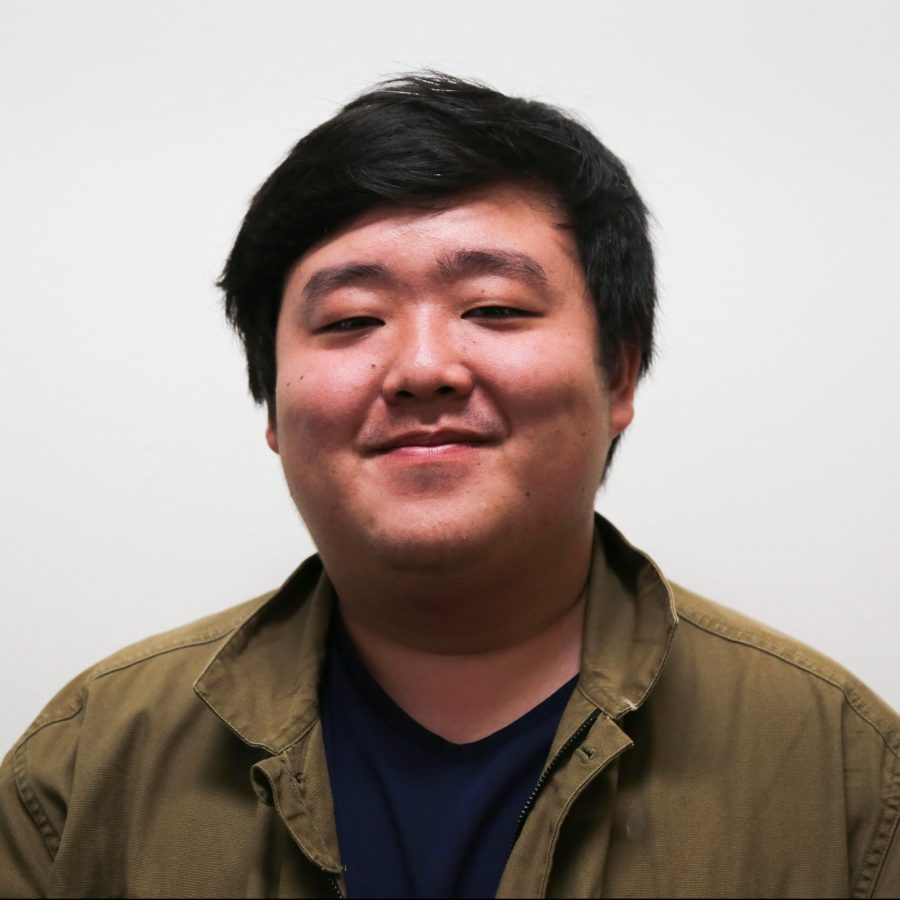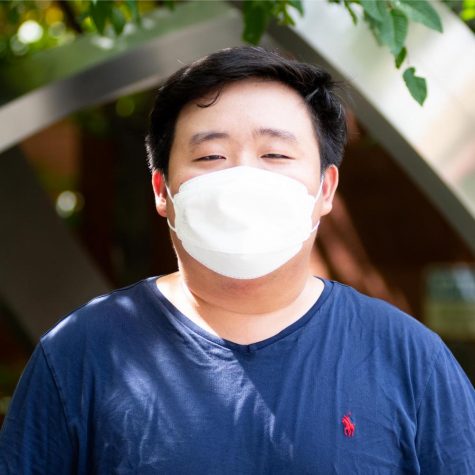In his quest to close New York City’s most infamous jail, Mayor Bill de Blasio has proposed a four-borough jail plan to replace Rikers Island with four smaller jails in every borough except Staten Island. The Manhattan jail, which is to be built in Chinatown, has been criticized by residents that say the community has not been given a fair role in discussions. Activist Karlin Chan described one of the community meetings as a “sham community engagement display.” The plan has numerous problems, but the largest is the serious health consequences that come with the building process. It is also probable that the plan will not create criminal justice reform at all, but instead build four mini-Rikers. Because of these factors, it’s clear that the Chinatown jail should not be built, and that doing so would be detrimental for the most vulnerable residents in the area.
To understand this situation, it is important to note the undemocratic nature of the discussions being held. These meetings are restricted to only some neighborhood organizations while most members of the community aren’t allowed entry. This allows the city to move forward in proceedings without consulting those who will be most heavily impacted. This is just another instance where the city has disregarded the voice of its Chinese residents. It is reminiscent of when former Mayor Ed Koch told Chinatown members in 1983, “You don’t vote, you don’t count.” New York City’s constant refusal to acknowledge the perspective of its Chinese residents is a problem that is yet to be resolved, and the flawed discussions surrounding the Chinatown jail are emblematic of this issue.
Another significant problem is the health issues that come with the demolition and construction of the jail. Recent testimony by NYU’s Center for the Study of Asian American Health says that the construction and demolition process for a new jail would detrimentally affect the health of seniors, and could even be fatal. The center also writes that relocating seniors could threaten healthy aging and negatively affect mental health. The Chinatown jail would create a health crisis in the area that could endure long after the facility is built. By promoting the plan, the city is ignoring community input and posing a direct threat to its older residents.
There are significant problems with the four-borough jail system as a whole as well. It seeks to create new jails in place of Rikers, without significantly changing the inherent injustices that infiltrated the complex in the first place. Solely changing the location of the prison without dealing with internal corruption won’t fix Rikers’ root issues. In 1988, “Rosie’s,” the women’s facility at Rikers, was considered a progressive answer to inmate violence. Now, that same facility has been criticized for numerous sexual misconduct allegations. Without dealing with the innate issues in the prison-industrial complex, the four replacement jails will devolve into four smaller Rikers, and will just be another iteration of the problems that are prominent in Rikers today.
The de Blasio administration is forcing the four-borough jail plan onto local communities without considering the perspectives of the residents at all, while creating significant health problems they will be forced to live with. The closed-door meetings and rapid proceedings show that the mayor is only using this plan for his political career. Mayor de Blasio must listen to the community and withdraw his plan for any Chinatown jail; this political stunt is not worth the potential cost — for the city and the communities at risk.
Opinions expressed on the editorial pages are not necessarily those of WSN, and our publication of opinions is not an endorsement of them.
Email Jun Sung at [email protected].
























































































































































